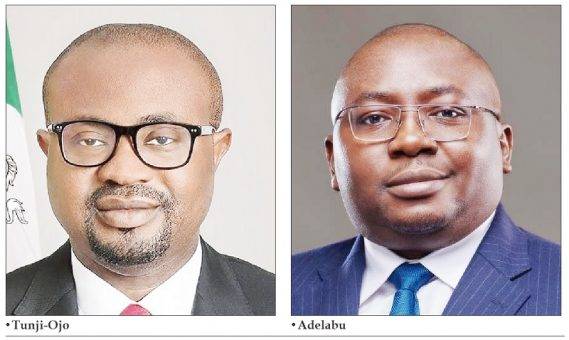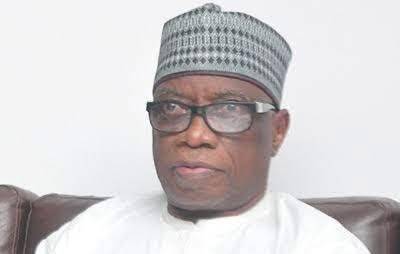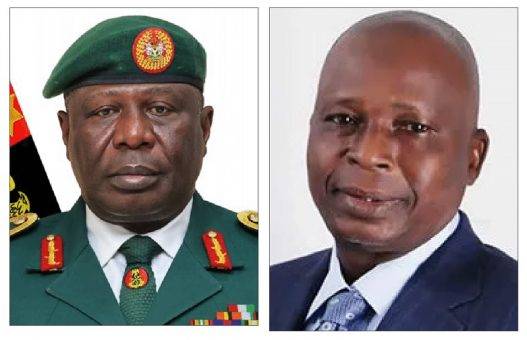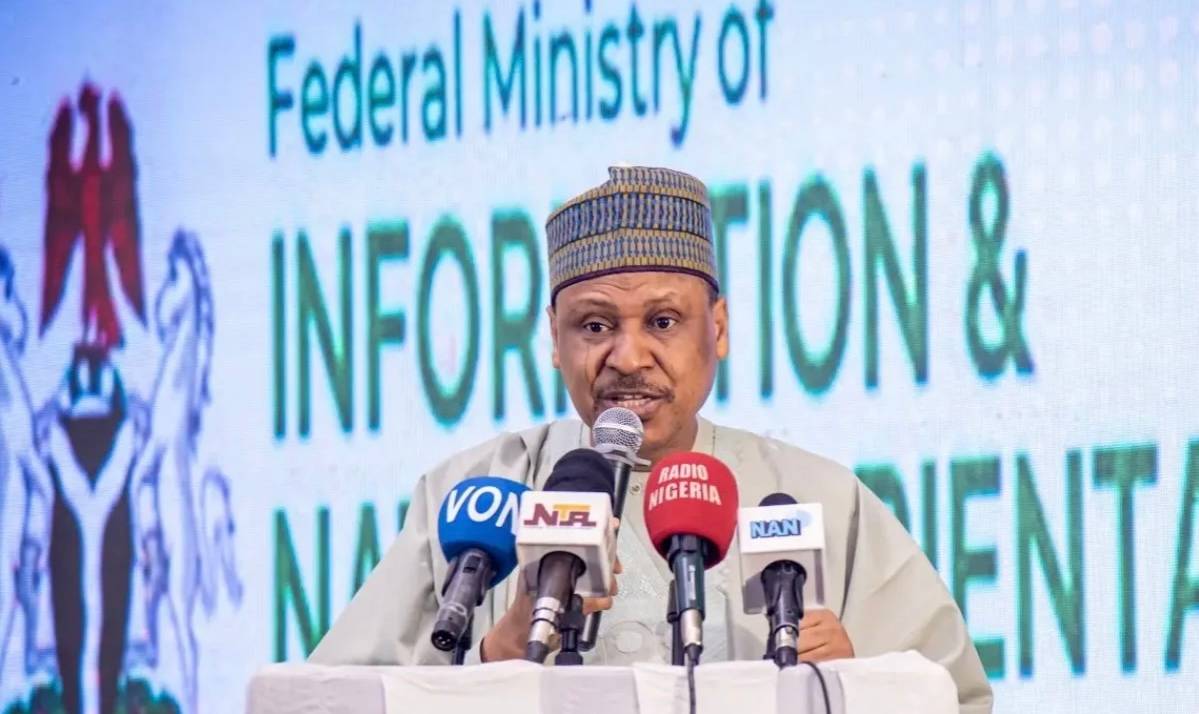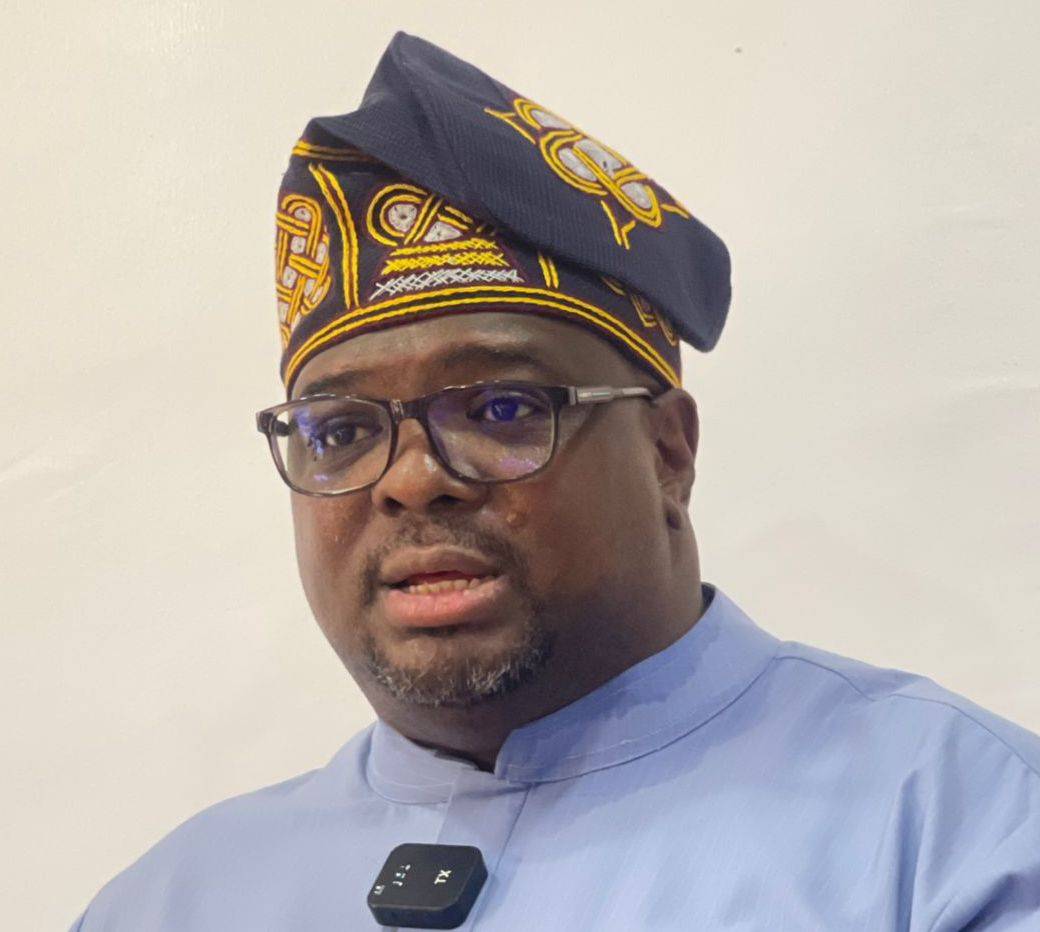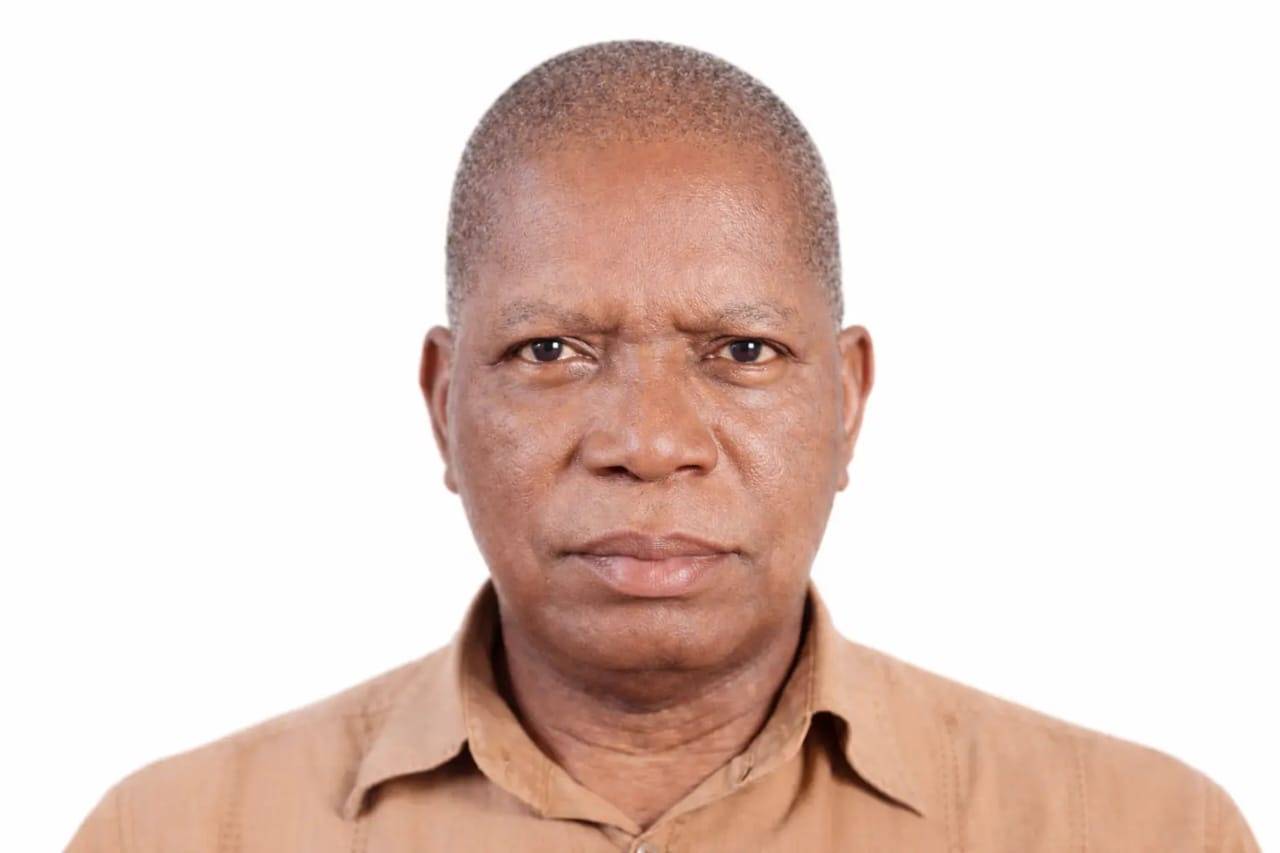By Tunji Adegboyega
Not a bad idea if govt can blend this with technology to fight power lines vandals
Power lines vandals who have been throwing spanners in the works and causing intermittent blackouts would have to think twice now that they would have dedicated security men to contend with. Minister of Interior, Olubunmi Tunji-Ojo, disclosed this on Friday.
“We have decided now with the Minister of Power to have what we call the Power Rangers,” the minister said during an appearance on Sunrise Daily, a Channels Television programme.
According to the minister, the Power Rangers will be created within officers of the Nigeria Security and Civil Defence Corps (NSCDC).
This special security team to protect power installations and infrastructure would appear to be the Federal Government’s answer to the question of persistent vandalisation of power infrastructure.
Power supply is pivotal to whatever we do. It is vital for our work, as in manufacturing and small-scale businesses; it is inevitable even for our leisure because, as they say, a hardworking person deserves his time of rest. Power is key even when we sleep; especially in our kind of tropical climate with its scorching heat. We need power for whatever we use to provide cool air for ourselves, be it air conditioners or electric fans. Name it, power supply is indispensable in virtually all aspects of our being.
Unfortunately, as essential as this commodity is, Nigeria has not been able to produce enough for its over 200 million people.
The country’s power generation as at 2023 was said to be in the region of 22,000 MW. Even then, we do not have the capacity to transmit all. This is aside the problem of distribution, with all its bottlenecks.
South Africa, with about 63.02 million people generates 58,095MW.
As if all of these are not enough to contend with in the power sector, we have also had to deal with the nefarious activities of vandals who have made theft of power infrastructure their pastime. These criminals have continued to deal deadly blows to the power infrastructure, thus compounding the problem of inadequate power supply in different parts of the country.
According to iProject Master (iPM) in 2013, “there were more than 12 incidences of vandalism recorded on the Alaoji-Owerri 132kV line, Jebba-Shirioro 330kV line, Osogbo-Ayede 330kV line, Oshogbo-Benin 330kV line, Oshogbo Ikeja 330kV line, Jebba-Shiroro 330kV line, Benin-Ikeja West 330kV line, Sapele-Benin 330kV line, Delta-Sapele-Benin 330kV line, Sapele-Benin 330kV line, Benin-Ajaokuta 330kV line and the Abuja-Keffi 132kV line. Some of these transmission lines were vandalised more than three times.”
The incidence has not abated.
Indeed, as at February 4, the Transmission Company of Nigeria (TCN), said there have been a surge in transmission infrastructure across the country, with over 18 transmission towers vandalised between January 9 and 14, 2025, across Rivers, Abia, and Kano states. There have been several others, including the one that plunged Abuja into weeks of darkness recently.
Power lines vandalism comes with its consequences. It has forced many manufacturing concerns to shut down because they cannot power some of their machines on generator. This has consequences for their income, investments and in certain cases where products must not suffer any break in power supply, commodities worth billions of Naira will be lost.
It also comes with grave risks.
If there is electricity during the power line vandalism, lives and properties of the people within the area would be at risk due to electric shocks, power surge and fire outbreaks, etc.
Of course, vandalism has continued to thrive because of its expanding market globally. Industrialisation has continued to make the values of copper and aluminium, (the key targets of the criminals) to appreciate, hence the desperation on the part of the vandals; a desperation that sometimes makes the possibility of losing their lives in the process of stealing the items not to matter to them. It is so bad now that vandalism of high-tension towers, usually avoided in the past as a high risk, is now a thriving business.
The financial implications of constant repairs to vandalised transmission installations, and the attendant stress on the national grid, are also huge. ‘The Guardian’ estimate shows that over 117 132kv/330kv electricity towers were vandalised nationwide between January 2022 and February 2024. The country spent about N110 million to fix each of the vandalised assets, and a cumulative N12.8 billion to repair the 117 towers.
Energy analyst, Lanre Elatuyi, has this to say on the issue: “For many years, Nigeria has not been able to find a lasting solution to the problem of poor electricity supply, and recently there have been calls for the declaration of state of emergency in the sector.
“The activities of vandals have aggravated the issues in the already troubled sector battling with poor performances of the market participants and acute illiquidity. Most of the projects in transmission were funded with borrowed funds that the FG has not paid back.”
Elatuyi added: “To make matters worse, we are now spending borrowed funds to repair infrastructure with no sight to cost recovery of the initial investments”.
The situation is dire indeed.
With the proposed idea of Power Rangers, it would seem the Federal Government is now ready to put its money where its mouth is. That is to say the government now seems ready to go beyond lamentation whenever power infrastructure are damaged or stolen, to taking actions to check the trend. As the saying goes, “it is the person that digs the grave that is keeping the dead; the one crying is merely making noise” (eniyan to gbe’le lo pa oku mo; eni to nsunkun, ariwo lasan lo npa); a thing which does not solve the problem in any way.
Not a few people would think setting up of the Power Rangers is enough to check the vandalisation of the power infrastructure. They would rather want the government to adopt the use of technology for more effective result.
This stems from the realisation that most times, the vandals get away with their loot because there are no electronic gadgets secretly installed to monitor the power lines. Where these gadgets are available, they have devices that alert when there are unauthorised movements near the power lines and the system promptly communicates this to the power line operators and the law enforcement agencies using radio frequency (RF) signal network.
May be those who think ‘manual’ solution like Power Rangers cannot go far have a point. But the interior minister said they took a cue from the establishment of Mining Marshals established by the Federal Government in March, last year, to tackle security challenges in the mining sector, before coming up with the proposal. According to the minister, the Mining Marshals have recorded tremendous successes.
Not only that, the minister further justified the need for the Power Rangers thus: “What we had before we (the Bola Tinubu administration) came was the generalisation of national assets. But we said no, you cannot have one specific medication that can treat all illnesses.
“So you have to analyse every sector, the power sector, the water sector, the education sector, the health sector… and be able to create arms of civil defence under the same umbrella.”
Although Tunji-Ojo did not mention any specific date for the take-off of the Power Rangers, he shed some light on some of the steps being taken to create the unit.
“We’ve already agreed on the modus operandi and as I speak to you, the officers are being screened,” he said.
“Don’t forget that we are going to have officers in all 36 states plus the FCT because there is no state without a power infrastructure; it is just like the solid mineral sector.
“We are already in the process of onboarding those officers; we have to profile them, look at their capacity, look at their competence, look at their area of specialisation, look at a lot of considerations, even physical strength.”
All of these would seem to suggest that those who came up with the proposal at least did some homework; they didn’t just wake up from the wrong side of the bed to propose it.
Since it would represent the first major attempt to isolate the problem from similar activities perpetrated against the Nigerian economy by some criminal elements, the idea deserves the support of all Nigerians.
But it must be borne in mind that it should not necessarily mean abandonment of other extant strategies that are being used to solve the problem.
Here, cooperation of the locals in the areas traversed by the power infrastructure is key. There is also the need for mass enlightenment even though this may seem to mean little to people bent on committing crime for profit as we have always seen in many instances where people still go to scoop leaking fuel whenever they have the opportunity, and in spite of the dangers.
The security squad, when it finally takes off, would require adequate funds to get the necessary weapons and other gadgets required to make the team proactive rather than reactive, since they need to be ahead of the criminals in terms of intelligence gathering and superior fire power.
Needless to say that they would require training and retraining to enable them be on top of their game.
It is important to stress that both the human and technological elements must be combined in our search for enduring solutions to the problem. These evils are not perpetrated by ghosts, and, as some people have suggested, only insiders can be proficient in committing such crimes. We will be able to get out of the quagmire if some of them could be caught, exposed and punished for their untiring efforts to sabotage the country’s economy.
Culled from The Nation


